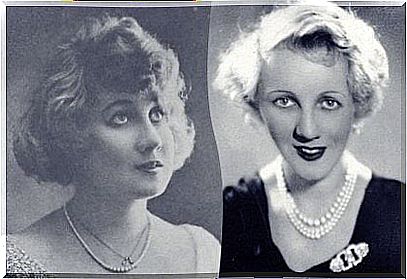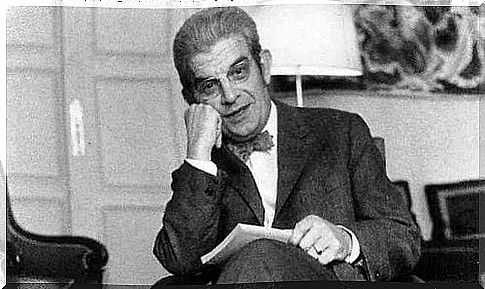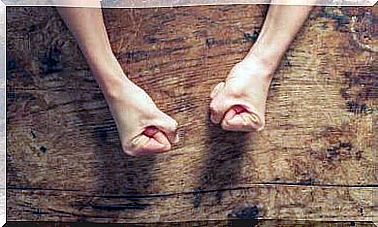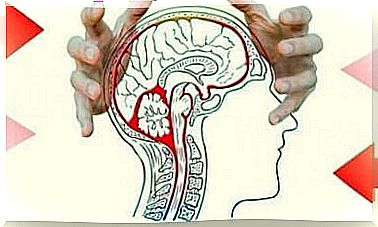The Case Aimée Or Self-punishing Paranoia

The Aimée case is one of the most famous cases in psychoanalysis. This for two reasons. The first is that it was the fundamental case that proved Jacques Lacan’s theory. The second is that it represents an important milestone in the study of paranoid psychosis.
Jacques Lacan is probably the most famous psychoanalyst after Sigmund Freud. His research represents a definite success for classical psychoanalysis. The case of Aimée was the study that made him a prominent thinker in this field.
The Aimée case is also famous for the controversy it caused due to the treatment that was carried out and how this was presented to the scientific community. It also made headlines due to the consequences that followed. It was undoubtedly an interesting chapter in the history of mental health.

Marguerite Pantaine has historically been associated with the name “Aimée”. This was the name of one of the characters in one of the novels she wrote. It was also the name that Lacan gave her in her dissertation at the university. She was a Catholic woman who grew up on a farm in France, and at the age of 28 she began to feel persecuted.
It all started during her first pregnancy. She believed that some people wanted to harm her and developed violent behavior. She had a miscarriage and convinced herself that it was her friend who had caused this.
Marguerita got better, but began to feel that she was being persecuted again during her second pregnancy. She therefore never let anyone take care of her son Didier during the first five months of his life.
Her persecution mania increased more and more and she was eventually admitted to a psychiatric ward. After her release, she lived alone in Paris. She then began to believe that a young actress, Huguette Duflos, was the one who wanted to harm her son.
She also wrote letters to the Prince of Wales regarding her suspicions. In April 1913, Marguerite attacked the young actress with a knife and was imprisoned for it.
After evaluating her mental state, psychologists sent her to a mental hospital in Santa Ana. It was there that Jacques Lacan began treating her for a year and a half. Her symptoms disappeared immediately when she was admitted. This is what led Lacan to state that she suffered from “self-punishing paranoia”.
In other words, she got better from being punished. She suffered from feelings of guilt that she was not aware of, and after she was admitted, she no longer had any delusions.
The case of Aimée has had a special development and outcome. Her situation fascinated Jacques Lacan. In fact, the name he gave her, “Aimée”, which means “the beloved” in French. It’s interesting that he called her this. He did not have a romantic relationship with her, but with the help of her situation, he got ideas on how to develop his theory of psychosis.
Marguerite wrote novels that no one dared publish. During her treatment, she gave what she wrote to Lacan, who never gave her the texts back. Ironically, she became famous thanks to Lacan’s studies.
Margeritte said from the beginning of the treatment that there were some who wanted to steal what she had written. She accused author Pierre Binot of stealing her ideas.

According to Jacques Lacan, Marguerite was cured of the punishment she received for trying to murder the actress. Some of her delusions came back later, but at that time they did not complicate her life. She never returned to the mental hospital, which confirmed what Lacanian had said.
The interesting thing about this story is that Marguerite’s son Didier became a psychoanalyst. In his autobiography, he indicated that his mother felt lonely due to the condition she was suffering from. He visited Lacan’s office for a psychoanalysis unaware that the famous Aimée case was about his mother.

After seeing some similarities between the case of Aimée and his mother, he finally understood that they were both the same person. He therefore complained that Lacan had not told him this.
Didier tried to get his mother’s short stories back without success. However, this story had a good ending, because even when he never read what his mother had written, it ended up that he became a writer himself.








